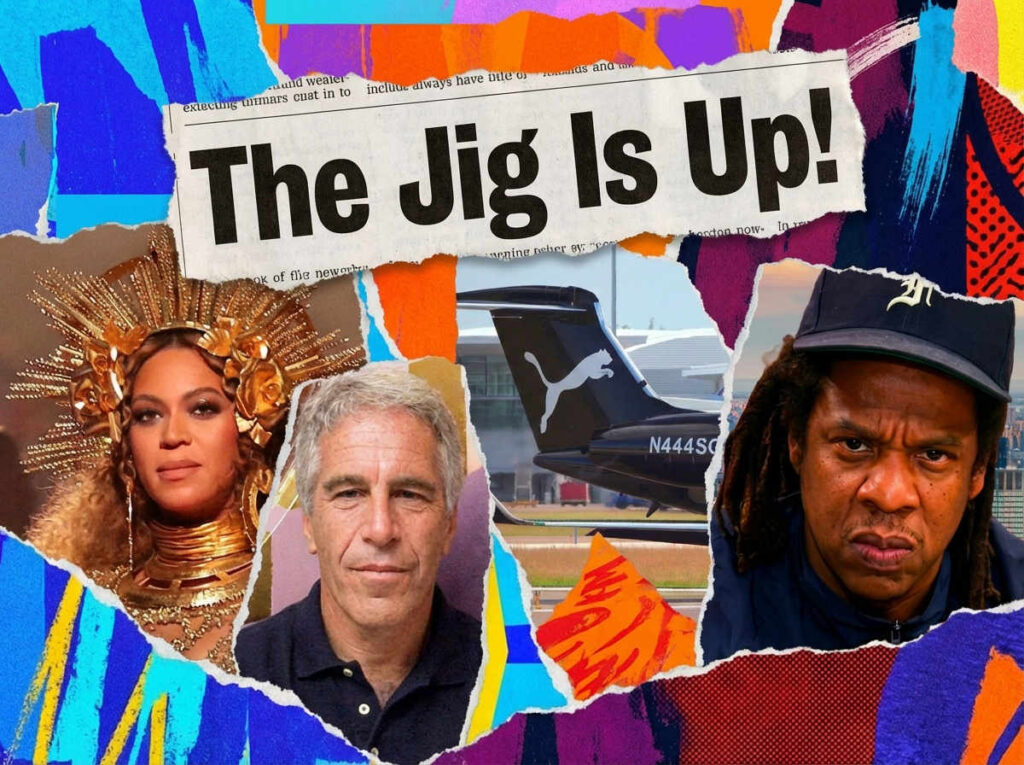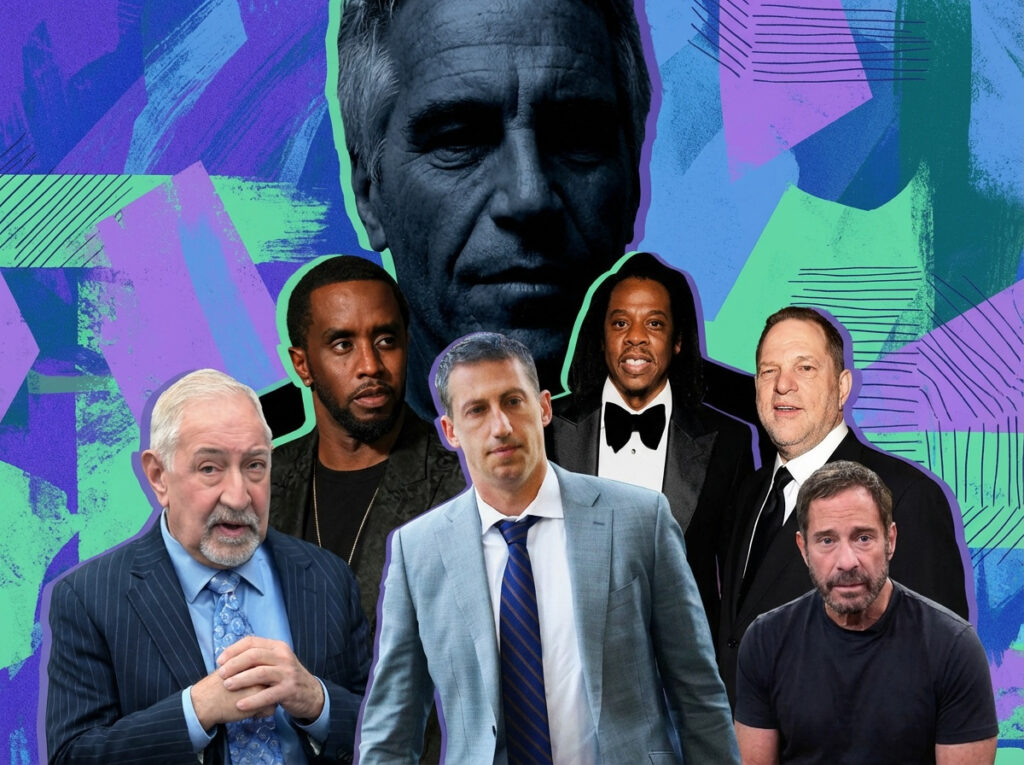A recent revelation has uncovered a complex, secretive network tying together entertainment lawyers, major media companies, and connections to the notorious Jeffrey Epstein case. Reports indicate that this network was strategically developed to safeguard financial interests, suppress whistleblowers, and skillfully manipulate how stories are reported and perceived by the public.
The investigation highlights a troubling loop between court cases and media reporting, where the same names frequently pop up. Attorneys who represent wealthy clients are also seen providing "expert" commentary in the media. PR firms help place stories in selected publications, wherein former clients of these lawyers become key figures in exaggerated, sympathetic news pieces. One notable figure in this web is Anouska de Georgiou, an accuser in the Epstein case, whose ties to entertainment executives hint that her media presence could have been orchestrated for narrative management.
Moreover, the documents expose a powerful strategy known as the “estate leverage model,” where control over a celebrity's narrative following a scandal is wielded as leverage in financial negotiations. For instance, during the Jackson Estate dispute, coincidental timing saw negative headlines against opposing parties surface just days after private settlement discussions.
The connections to Epstein spread beyond individual accusers, showing that various attorneys and crisis management firms involved in celebrity estates also played roles in Epstein-related actions. This intertwining suggests a cover-up culture where crucial information is overlooked for strategic partnerships, allowing some Epstein affiliates to successfully return to public life through carefully designed reputational recovery campaigns.
In light of these findings, legal experts are calling for an inquiry into the intertwined relationships among entertainment law, public relations, and criminal cases. They warn that the absence of transparency could lead to a “manufactured reality,” where a select few completely dictate the narrative, influencing both public perception and the legal outcomes. An involved barrister cautioned: “When your lawyer, your publicist, and your prime-time interviewer are all on the same payroll, the truth is whatever they decide it is.” As legal proceedings in both the UK and US progress towards becoming public, experts assert that this isn't just about isolated cases but the fundamental integrity of truth within our society.


















